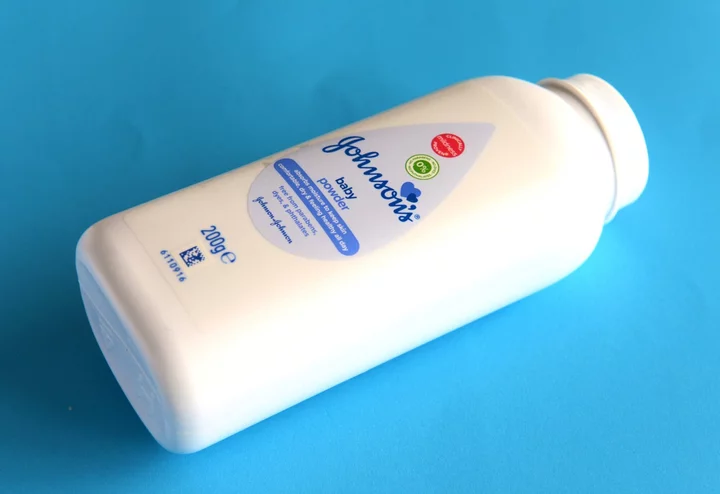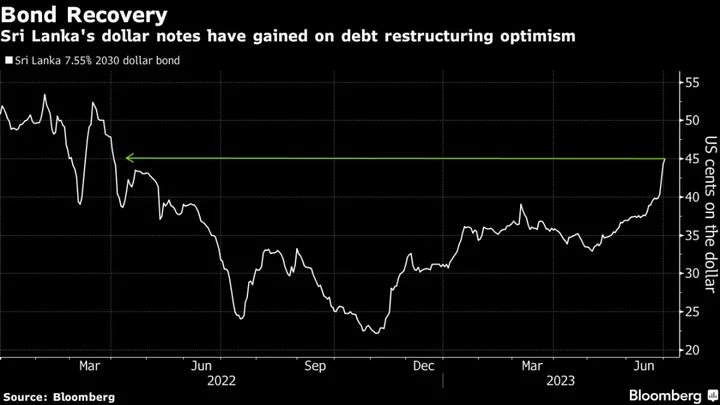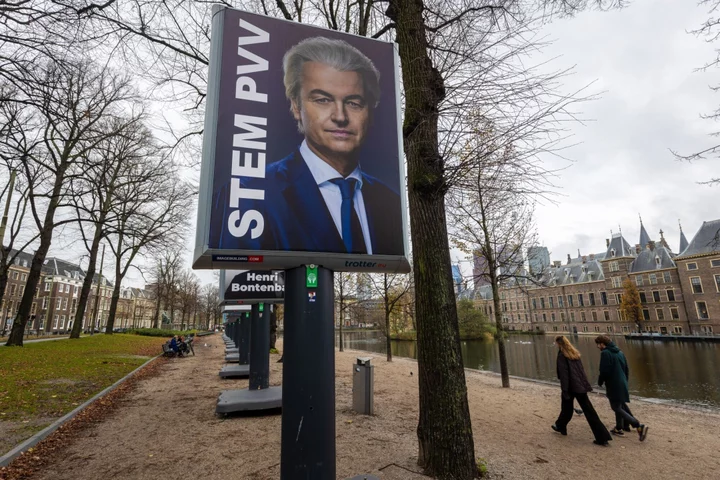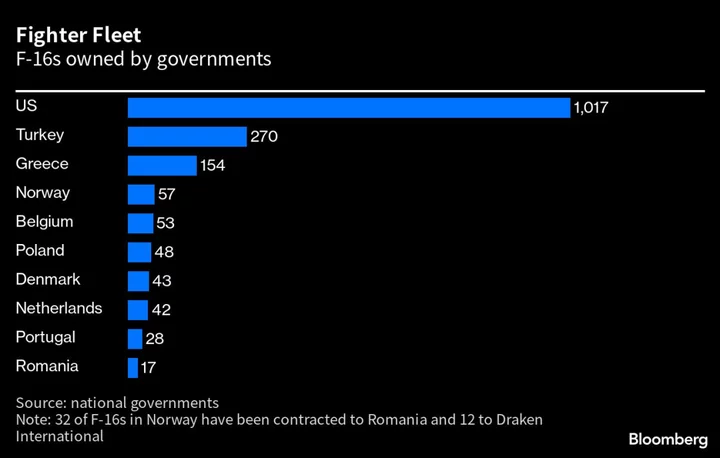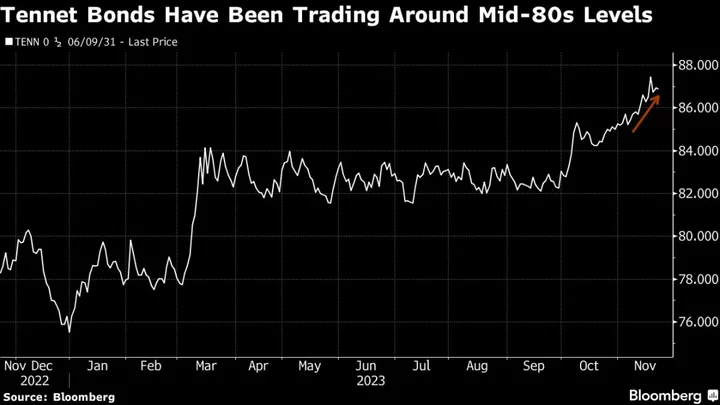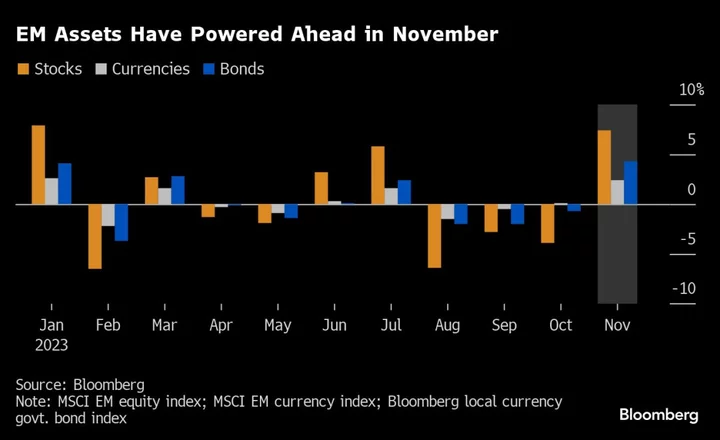Johnson & Johnson was ordered to pay $18.8 million to a California man who blamed the company’s talcum-based powders for giving him cancer in the company’s first trial in almost two years over accusations it hid the health risks of its iconic baby powder.
Jurors in state court in state court in Oakland concluded Tuesday that J&J’s baby powder helped cause Anthony Hernandez Valadez’s mesothelioma, a specific type of cancer linked to asbestos exposure. Due to Valadez’s failing health, the case was cleared for trial as an exception to a court order putting all litigation on hold after J&J sought to wall off its talc liability in a Chapter 11 bankruptcy.
J&J will appeal the verdict based on “erroneous” rulings by the judge that prevented the company from sharing “critical facts” with the jury showing that Valadez’s rare form of mesothelioma wasn’t caused by the baby powder, according to Erik Haas, the company’s worldwide vice president of litigation.
“Without the benefit of that evidence, the verdict is irreconcilable with the decades of independent scientific evaluations confirming Johnson’s Baby Powder is safe, does not contain asbestos and does not cause cancer,” Haas said in a statement. He added that the verdict award will not be paid while the bankruptcy proceeding continues and won’t have an impact on that process.
Valadez’s victory could make it harder for J&J to persuade talc victims to accept a $8.9 billion settlement offered as part of the bankruptcy case filed by its LTL Management unit. The accord would cover all current and future suits alleging J&J official sold its talc-based line of baby powder knowing some bottles contained asbestos.
“This verdict will sway people not to be inclined to accept what they can get under that $8.9 billion settlement if they can get $18 million at trial,” said Carl Tobias, a University of Richmond law professor who teaches about mass torts. “This is not good for J&J to be sure. It may discombobulate the settlement negotiations.”
J&J, based in New Brunswick, New Jersey, pulled its talc-based powders off the market in the U.S. and Canada in 2020, citing slipping sales. The world’s largest maker of health-care products replaced talcum with a cornstarch-based version. The company vowed to have all its baby powders containing talcum powder off the market worldwide by the end of this year.
The case is Valadez v. Johnson & Johnson, 22CV012759, California Superior Court, Alameda County (Oakland). The bankruptcy case is LTL Management LLC, 21-30589, U.S. Bankruptcy Court, District of New Jersey (Trenton)
(Updates with company comment)

